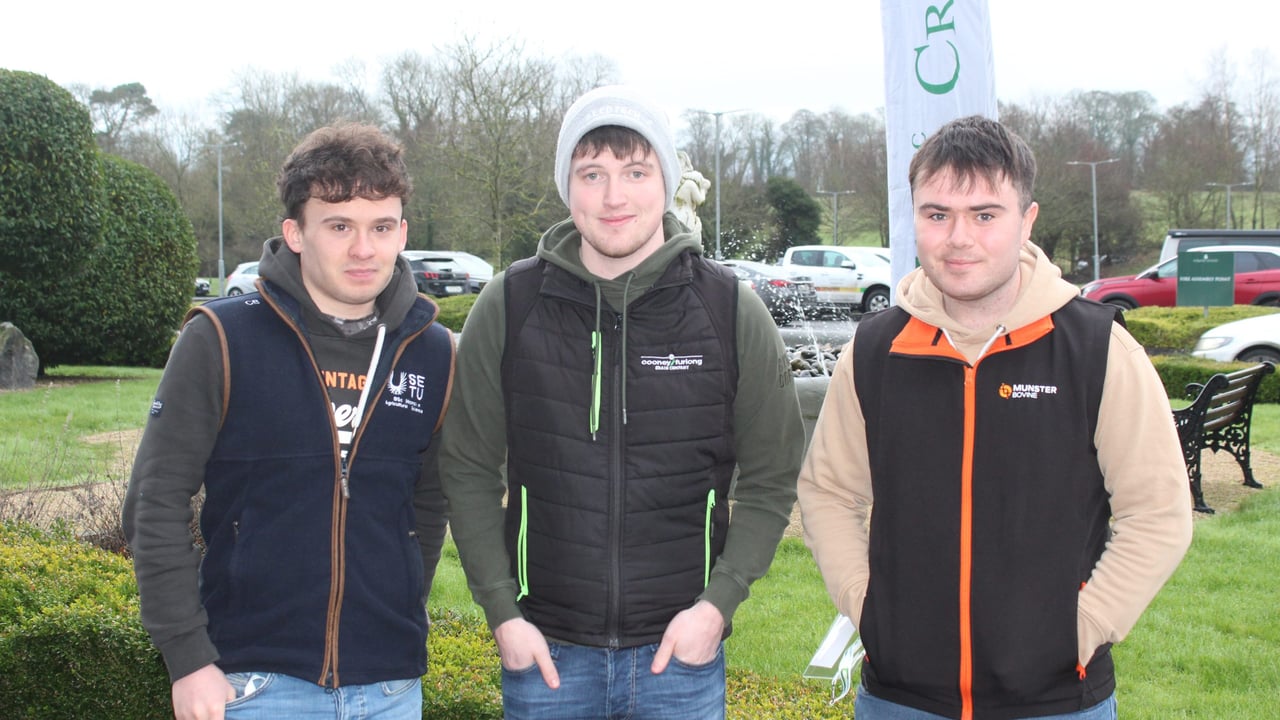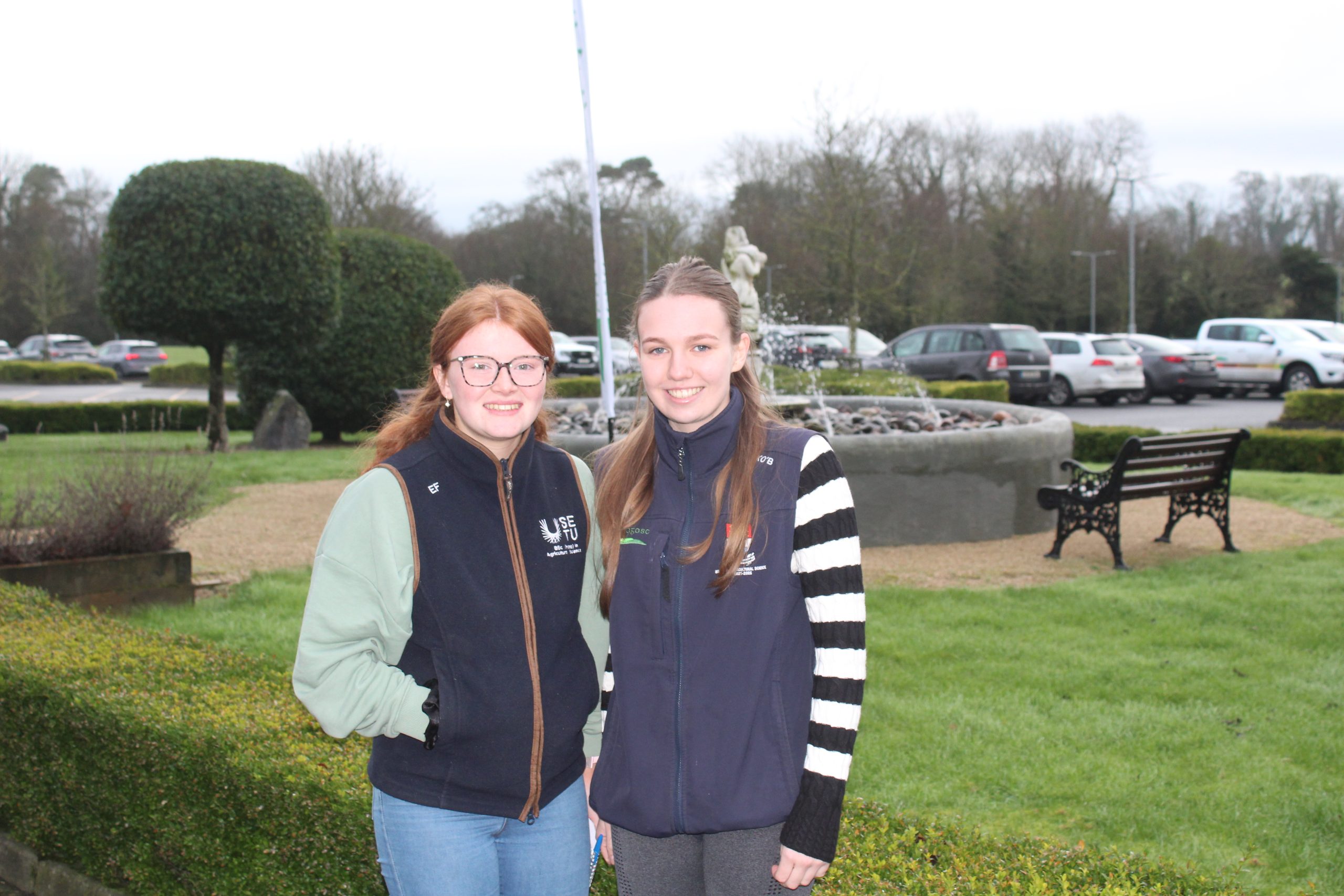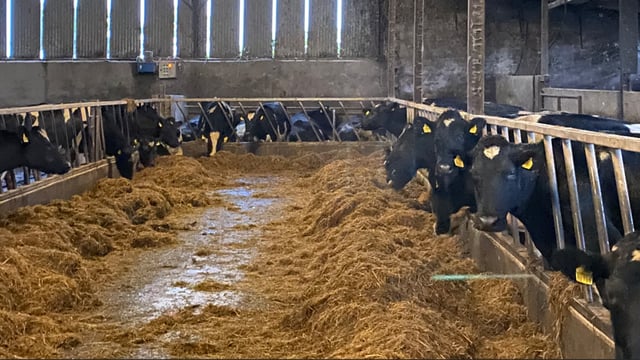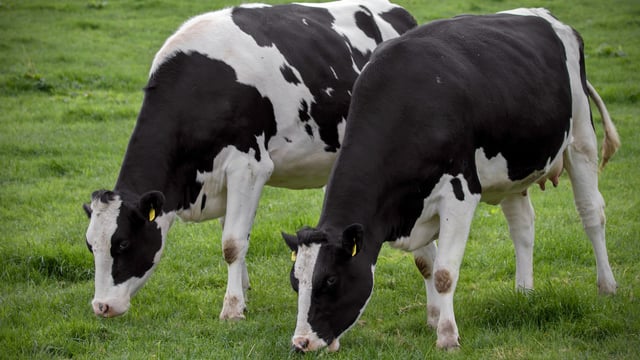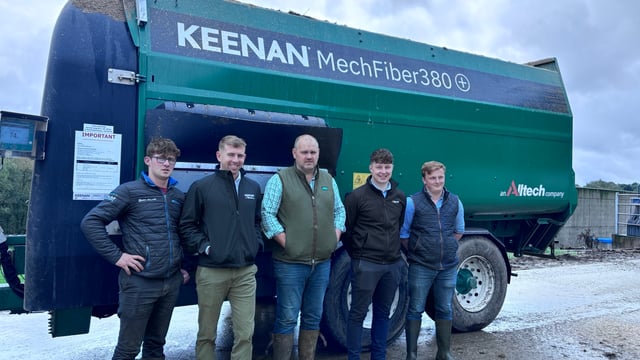Tillage conference: IPM is the future for cropping systems
Putting Integrated Pest Management (IPM) first was a key, take-home message from the 2025 Teagasc National Tillage Conference.
IPM is a sustainable approach to managing pests by combining biological, cultural, physical and chemical tools in a way that minimises economic, health and environmental risks.
It is an approach to agronomy that emphasises the growth of a healthy crop with the least possible disruption to agricultural ecosystems and encourages natural pest control mechanisms.
Teagasc tillage specialist, Shay Phelan, commented: “The efficacy of the fungicides and herbicides available to growers continues to decline.
“We are also looking a scenario where specific chemistries will not be available into the future.
“In response to these trends, tillage farmers must look at integrated pest management as the fundamental toll in securing high levels of weed, disease and insect control within crops.”
Another of the themes addressed at the conference was the need for tillage farmers to access value added markets for their crops.
“Growing feed wheat and barley leaves Irish growers competing on world markets. And the economics of this approach to tillage doesn’t add up on most occasions," Phelan continued.
“However seeking out niche markets will deliver premium prices.”
The Teagasc representative cited the growing of seed crops and proteins on contract as being two options that can deliver enhanced returns for Irish farmers.
“Yes, there is a little bit of extra work involved. But the dividend that can be generated makes this extra commitment extremely worthwhile," he explained.
Turning to the recently finalised Crops Costs and Returns publication for 2025, Shay Phelan confirmed that input costs have stabilised.
“But machinery costs are continuing to increase on tillage farms,” he stressed.
“In fact, machinery now represents the most significant, or certainly the second most significant, cost incurred on many tillage farms at the present time. And this trend looks set to be maintained into the future.”
Phelan recognised that many growers view machinery as a resource they need at specific time to get work carried out in a timely manner.
He further explained:
“But given the costs involved, the question has to be asked regarding alternative ways of managing and using machinery on Irish tillage farms.”
Teagasc had previously produced a machinery sharing template for use within the tillage sector.

